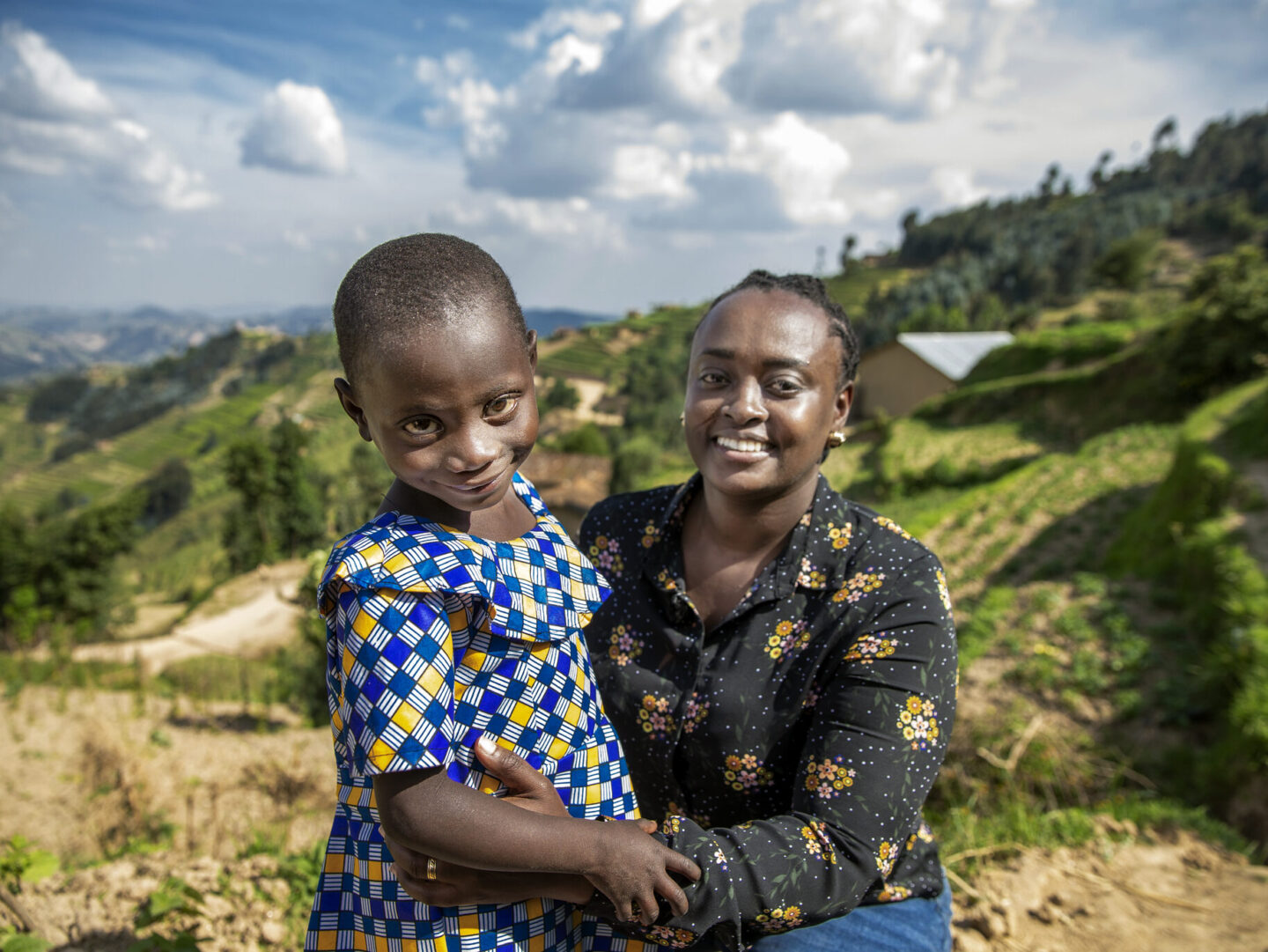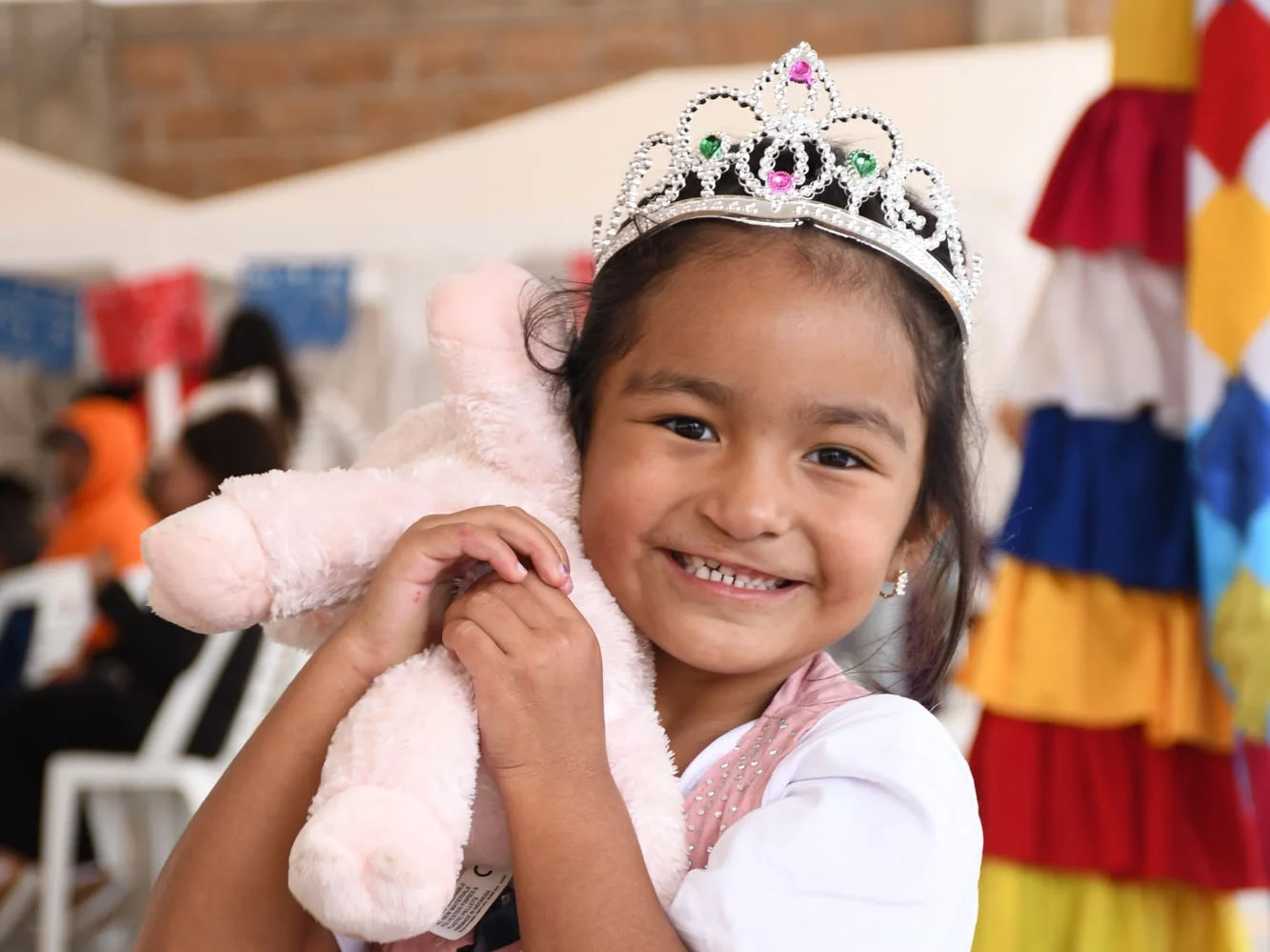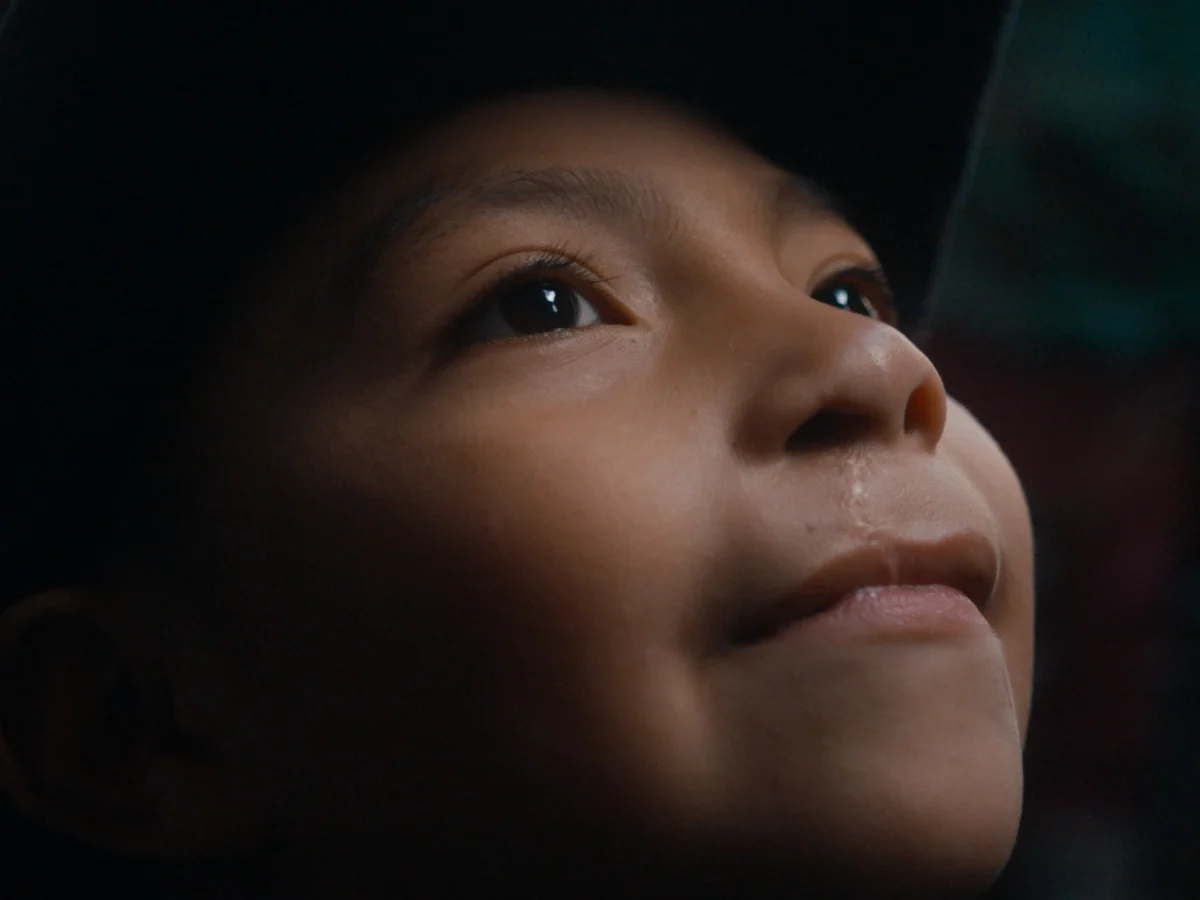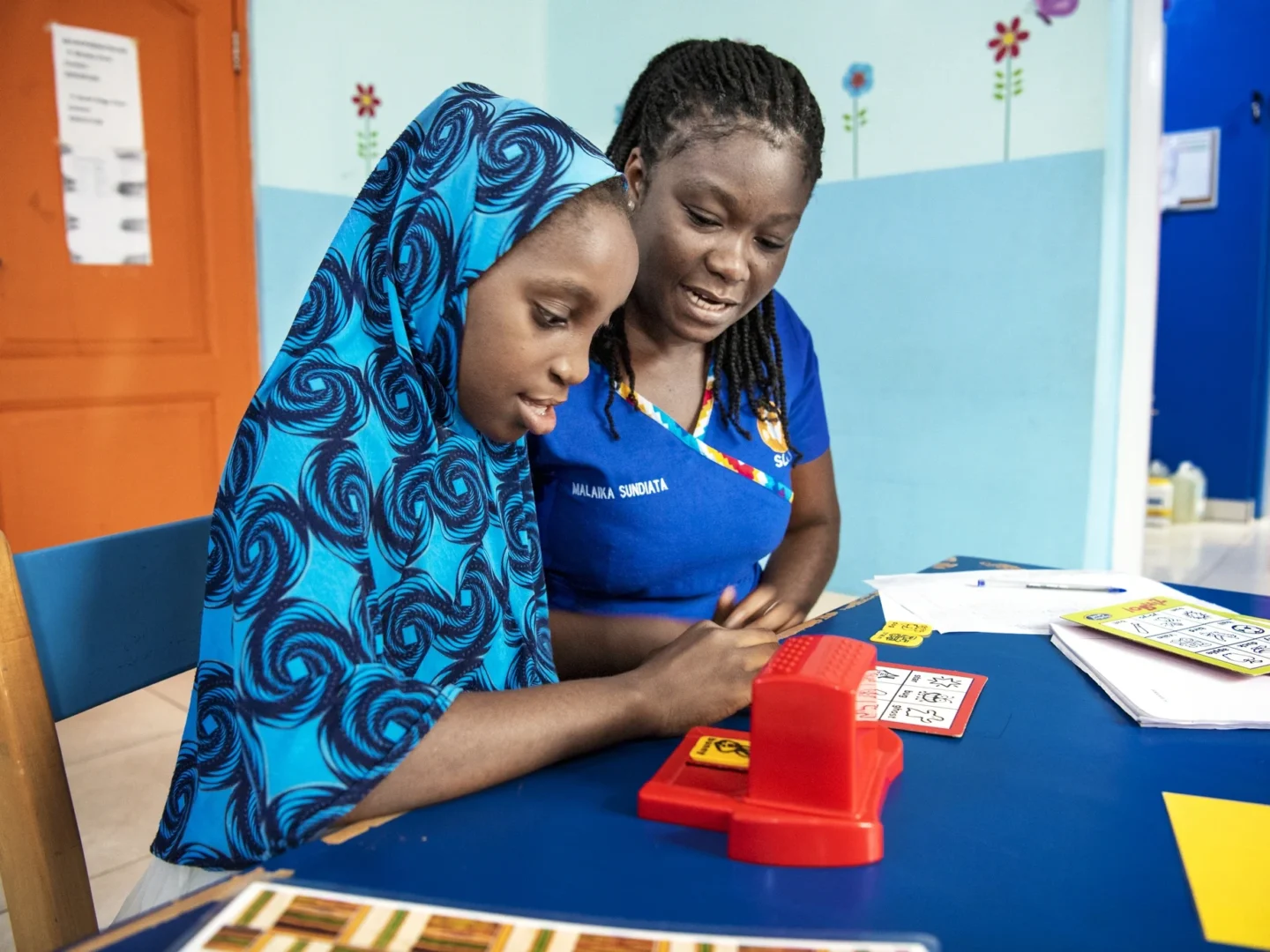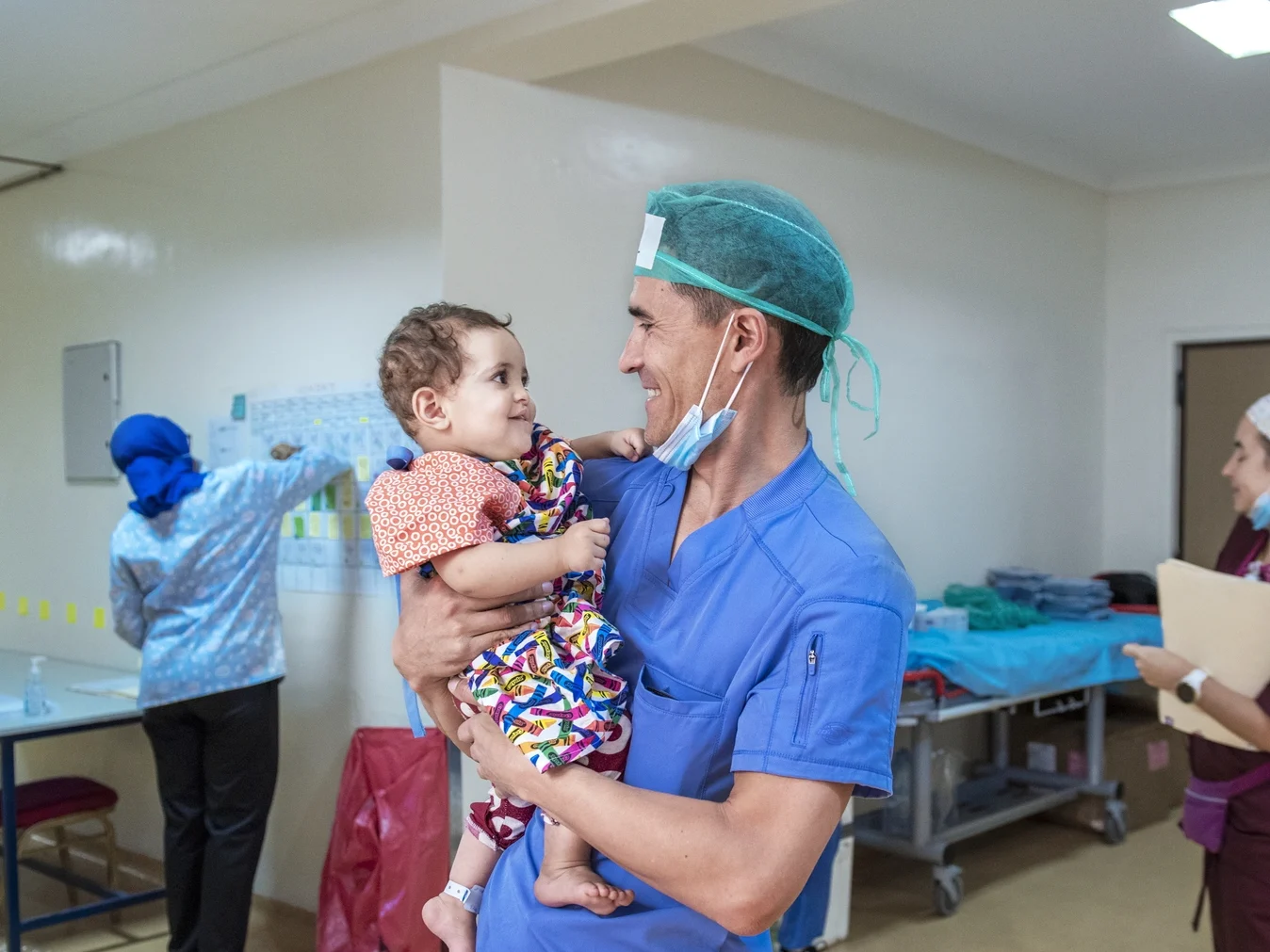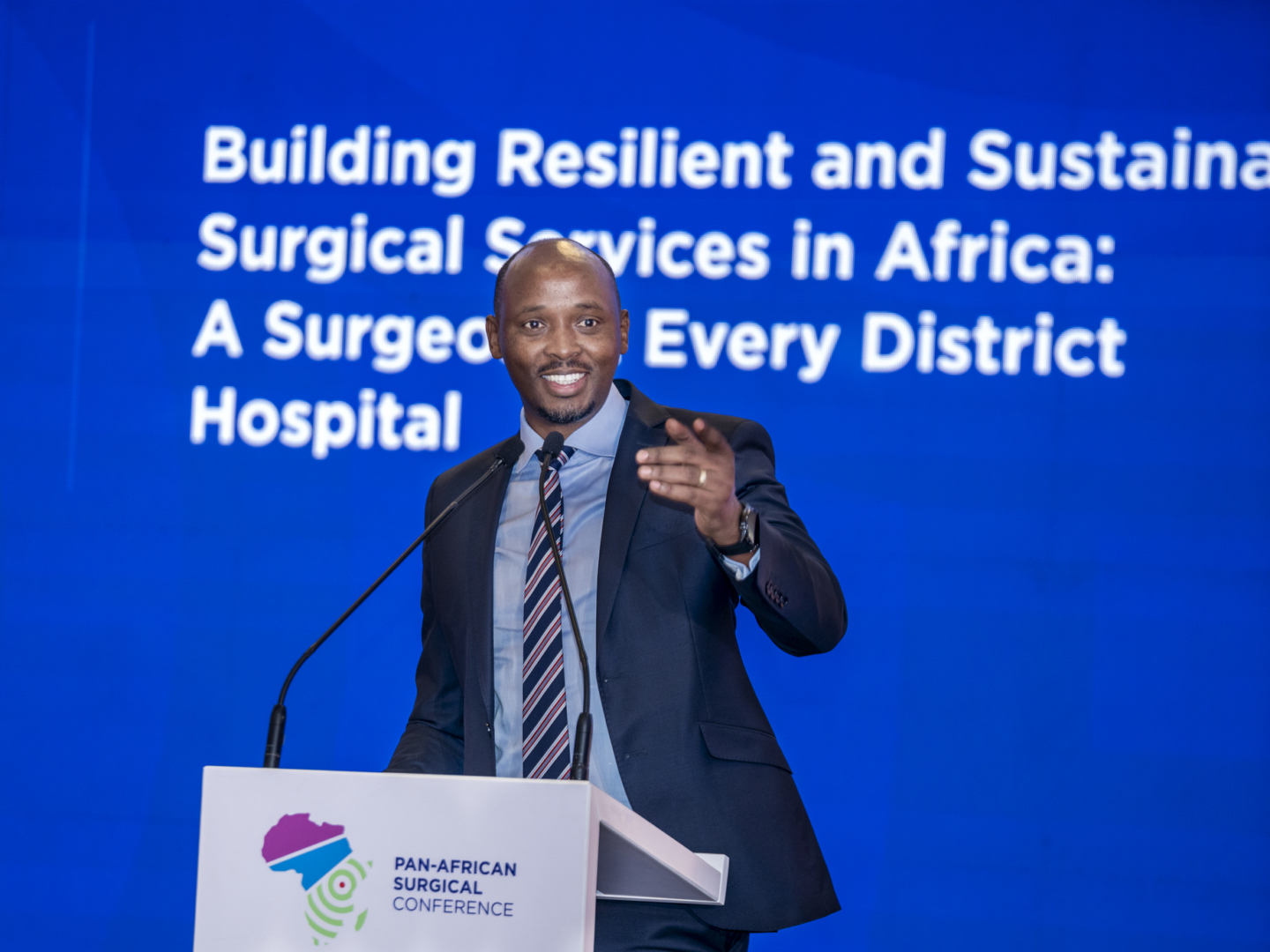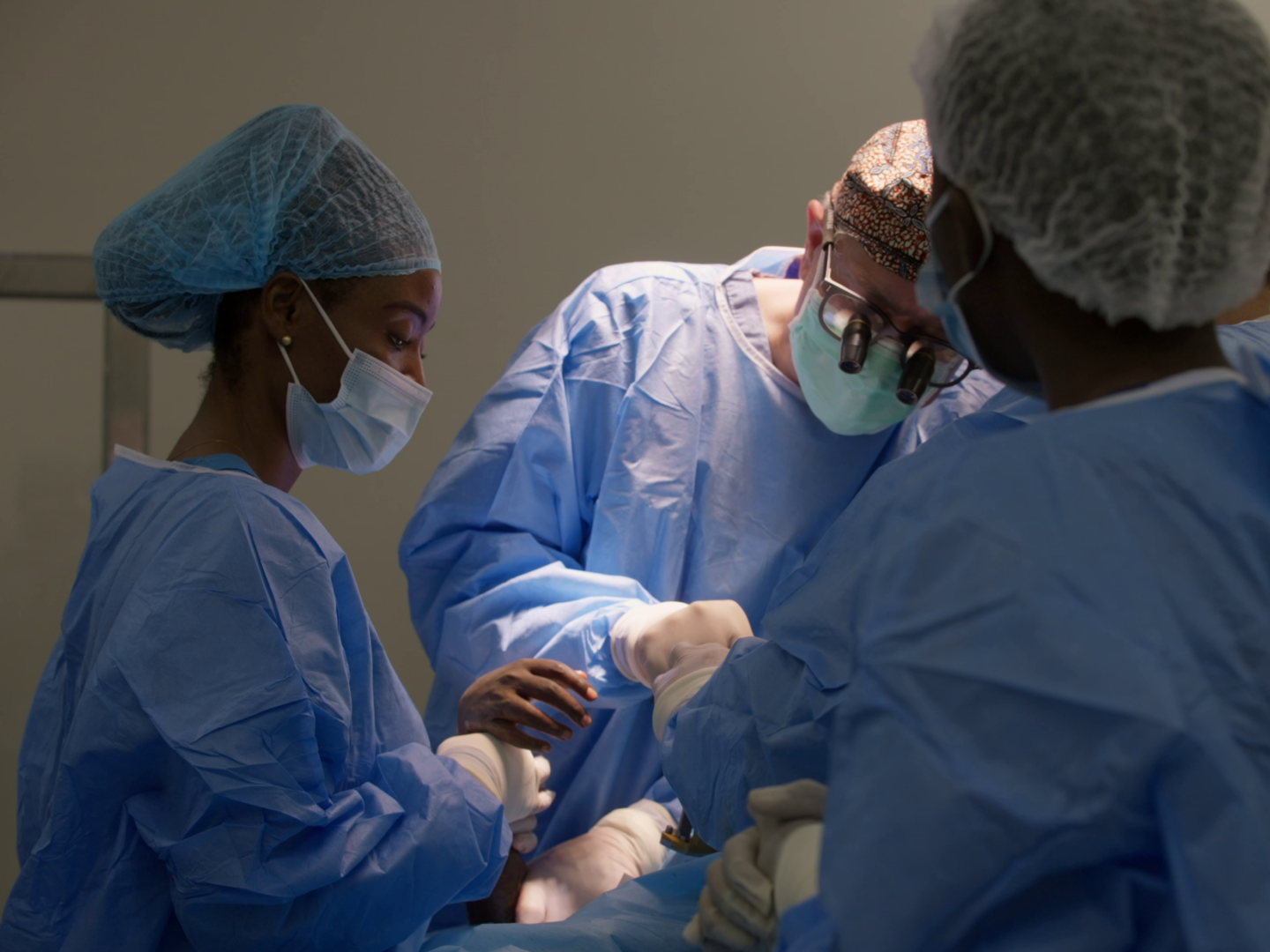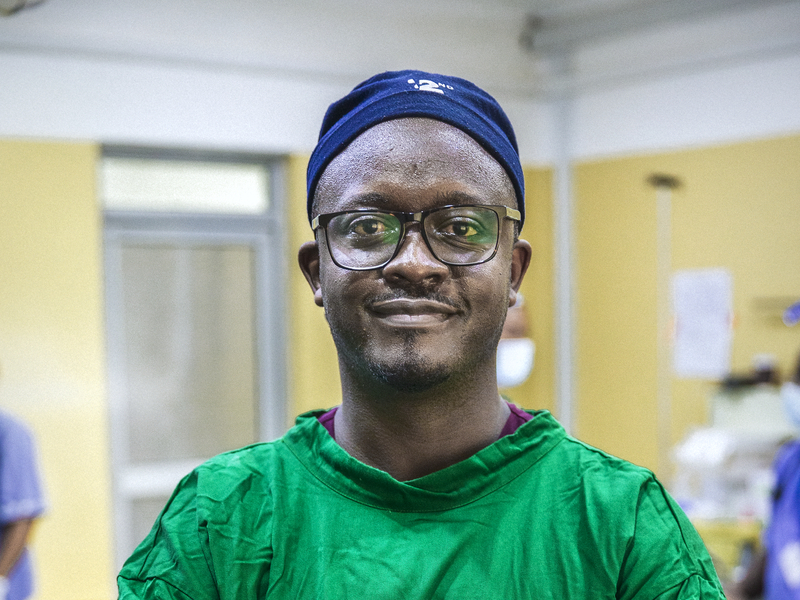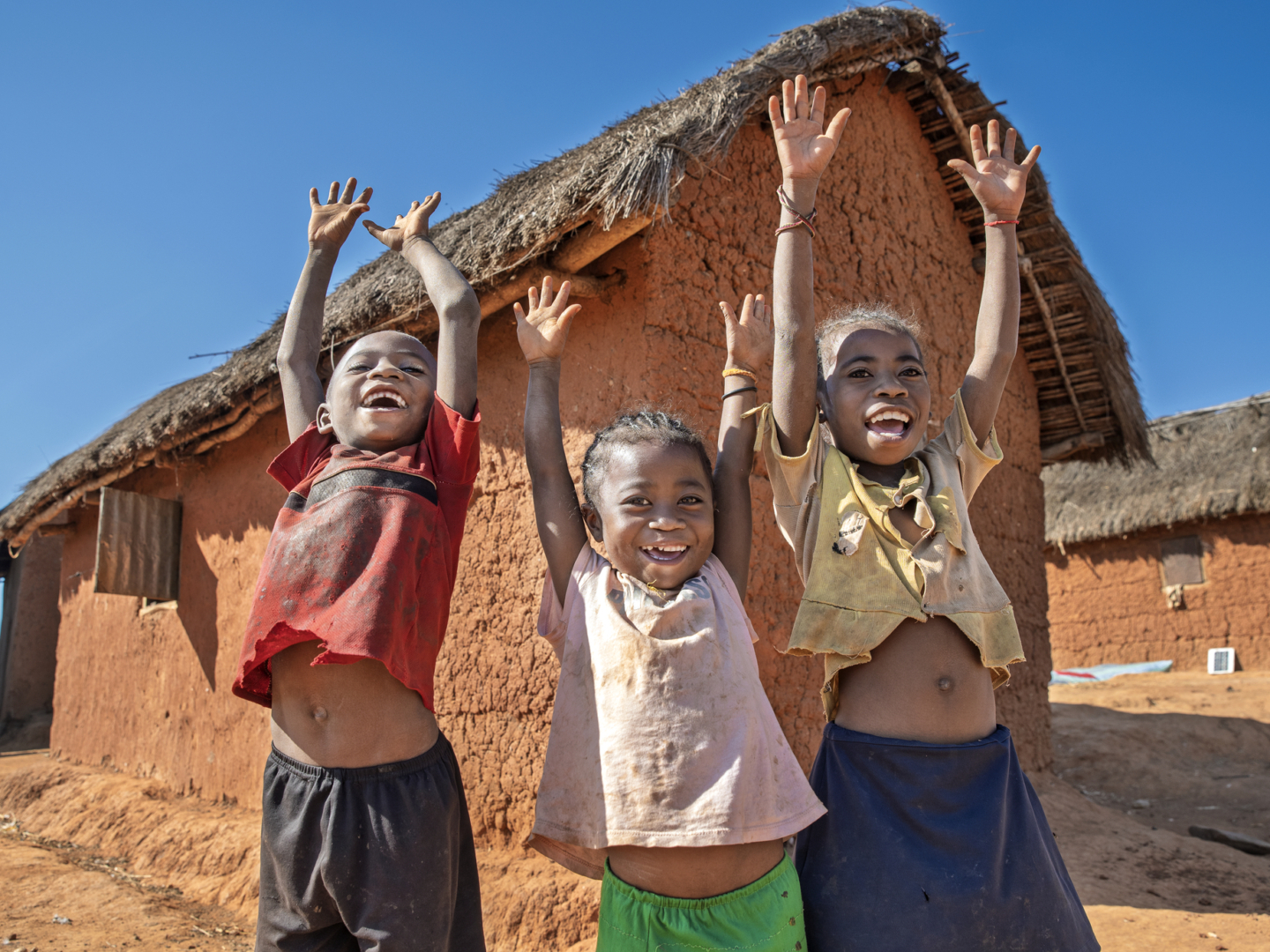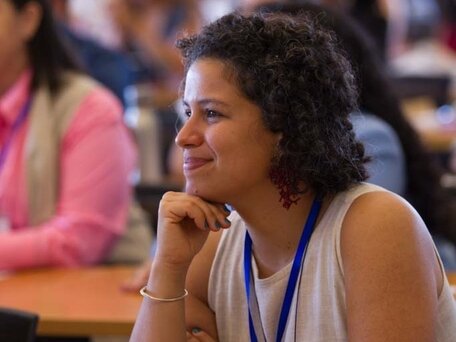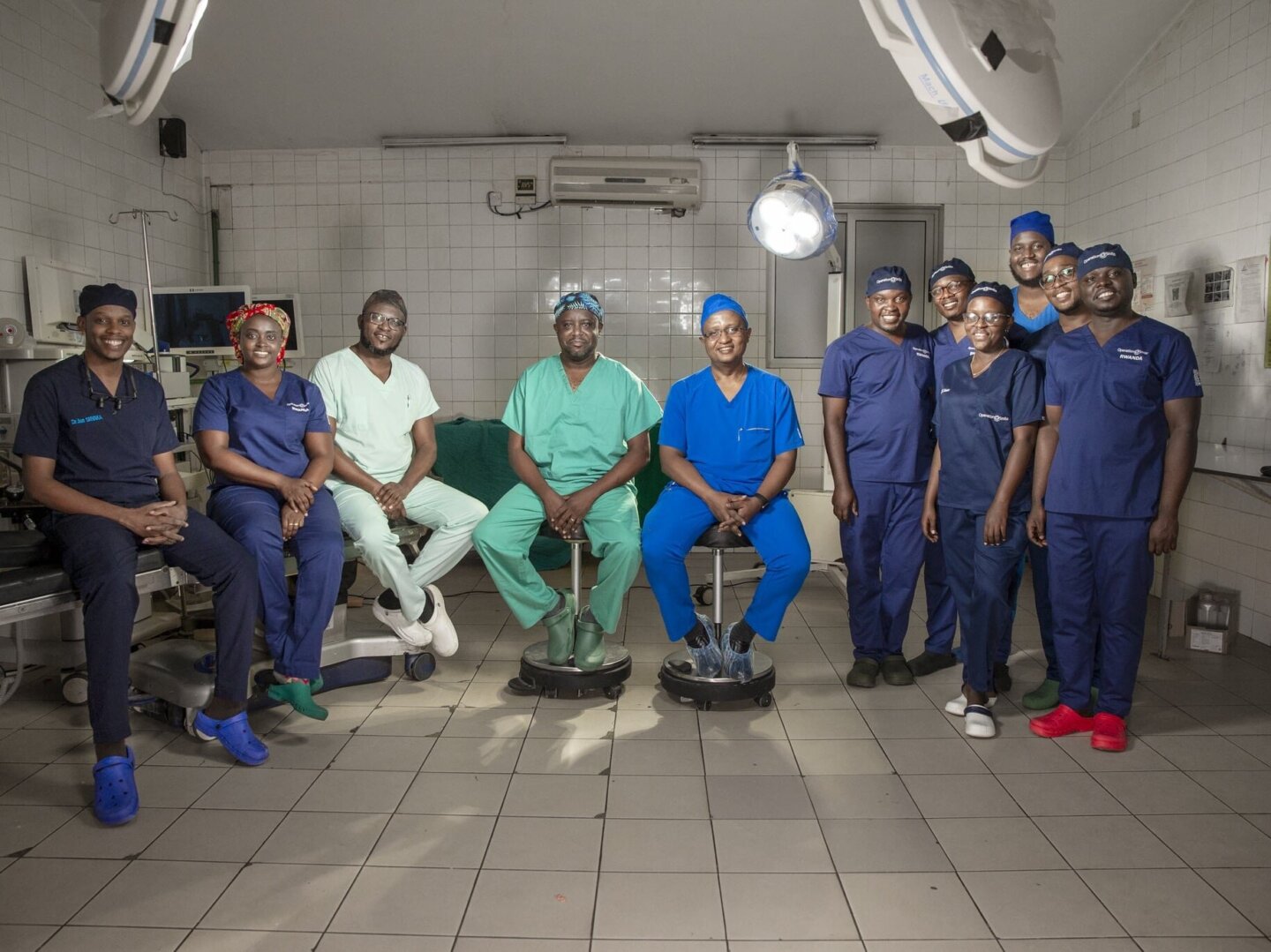Education
Reaching More Patients in More Places: Training Providers to Expand Surgical Care
In a special edition Devex’s weekly podcast, Operation Smile Chief Medical Officer Billy Magee III, D.D.S., M.D., and University of Rwanda Professor Faustin Ntirenganya, M.D., MMED, FCS(Ecsa), DIU, FACS, Ph.D., talk about the state of access to surgery worldwide.
Increasing global access to surgery is something that Operation Smile Chief Medical Officer Billy Magee III, D.D.S., M.D., and University of Rwanda Professor Faustin Ntirenganya, M.D., MMED, FCS(Ecsa), DIU, FACS, Ph.D., speak about a lot — with each other, throughout their organizations and recently at the first-ever Pan-African Surgical Conference, which took place in late February in Kigali and was organized by Operation Smile in partnership with the Rwanda Ministry of Health, Rwanda Surgical Society and the University of Rwanda.
Shortly after the conference, Magee and Ntirenganya joined Devex Executive Editor Kate Warren to discuss strategies for expanding surgical care access not only in Africa, but around the world, in a special edition of the podcast, “This Week in Global Development,” from Devex.
“The overall theme of the conference was strengthening health care systems, ensuring a surgeon in every district. This was really the core discussion,” explains Magee about the event that gathered 550 academics, policymakers and frontline health care experts from 36 countries – 23 of which are in Africa – to drive locally led, scalable solutions that will expand surgical access across the continent. “Education, training, patient care, advocacy, financing — everything was on the table. … Every initiative should be led through local people.”
Education, training, patient care, advocacy, financing … every initiative should be led through local people.
— Dr. Billy Magee, D.D.S., M.D, Operation Smile’s Chief Medical Officer
The issue the two leaders are discussing during the Devex podcast is monumental. More than five billion people – more than two-thirds of the world’s population globally – lack access to safe, affordable surgical care. To meet the 143 million surgeries needed in low- and middle-income countries annually, the world requires 2.2 million more surgeons.
But there is progress and much to be hopeful for. For example, Operation Smile’s long-standing work in Rwanda, one of 37 countries where the organization operates, demonstrates how local partnerships and education can be a force multiplier to transform health systems. When Operation Smile began working in Rwanda, there were only two plastic surgeons serving a population of 13 million. Today, thanks to expanded training programs and mentorship, there are nearly two dozen specialized surgeons.
However, unlike other public health interventions, expanding access to surgery isn’t only about building infrastructure or supplying equipment; it requires investing in people.
“Surgery is a team game,” points out Ntirenganya “If we talk about surgery, we should be including all the players: our surgical nurses, biomedical engineers and others who are there to make sure that surgery is safe. We welcome everyone from early stakeholders, policy makers, public health experts, to the table.”
Surgery is a team game. … We welcome everyone from early stakeholders, policy makers, public health experts, to the table.
— Faustin Ntirenganya, M.D., MMED, FCS(Ecsa), DIU, FACS, Ph.D., Professor, University of Rwanda
The idea of partnership is at the heart of Operation Smile’s Operation 100, a bold effort to transform access to surgical care globally, by bringing care closer to patients’ homes through investing in frontline health workers and strengthening district hospitals. This newly announced strategy marks a crucial step in the organization’s four-decade-long commitment to advancing health equity to ensure no one is left behind.
“We’re really seeing a lot of momentum. It’s a very exciting time to be part of global surgery and essential surgery,” says Magee of the coming years. As many economists believe, investing in a surgical workforce can uplift a nation’s entire economy – a persuasive argument more relevant than ever before. It’s conversations like the ones he heard at the Rwanda conference that fuel Magee’s strong sense of hope. “I think you’ll see a lot of progress even in the next five years.”
